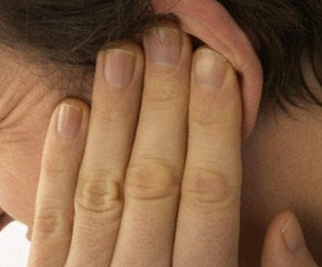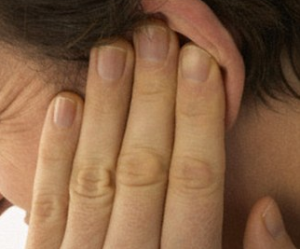At some point, you might have experienced a slight humming, buzzing, or ringing in ears. This is called tinnitus and can be a frustrating condition that affects the quality of life. You may want to know what it is and the causes as well as treatment options available. In case you hear hissing, roaring, buzzing, or ringing in your ears, it may be saying something about the environment you are exposed to or your health condition. Tinnitus can affect anyone from the young to old people.
It may be intermittent or constant and at times it could be bothersome or with light background noise. It is only the person experiencing it who hears the noise and not another person. There may be many causes of this condition and many people would want to know what does it mean when your ears ring.
What ringing ears could be telling you?
There are two types of tinnitus and they include pulsatile or like a heartbeat tinnitus, and non-pulsatile. The pulsatile type is caused by sounds that are induced by muscle movements in the tissues close to ear. It may also be caused by blood flow problems in neck and face. Changes in ear canal may as well cause the problem.
Non-pulsatile tinnitus is often caused by nerve damage in the ear. A case of nerve damage may be due to noise exposure. A person may hear sounds in both or one ear. Tinnitus is commonly caused by hearing loss, which comes with aging and is called presbycusis. Eardrum rupture, ear infections, injuries like whiplash and direct blow to head or ear may causing the ringing in ears.
Change in environmental pressure could result in this condition. Severe weight loss due to excessive dieting and malnutrition is also a possible cause of tinnitus. Ringing ears that go for more than two weeks should be checked by a doctor. When your ears are ringing, it could mean that you are exposed to more noise.
Exposure to loud sounds is among the common culprit of this condition. People who work in noisy environments or work with noisy tools and equipment such as chainsaws may encounter ringing in ears. Those who play loud music may also be at risk of having tinnitus.
Build up of wax or cerumen may block the ears making a person to hear sounds, which in reality are not there. A symptom of concussion or temporary unconsciousness induced by having a blow to the head may cause the ears to ring. In case you bumped the head lately, then you may need to see a doctor. Other signs of concussion are such as dizziness, nausea, and headache.
When you have temperomandibular joint disorder, it may make you hear abnormal sounds. This disorder occurs in the area where the jaw joins the skull and not inside your ear. It may occur when you have had some dental work or having problems with the jaw. Som medications can induce ringing in ears especially when they are taken in high doses. For example, antidepressants, antibiotics, and aspirin.
A disorder called otosclerosis may result in abnormal growth of bone found in middle of ear. This is a hereditary condition and may result in not only tinnitus but also hearing loss in people within their mid-30s. The disorder can be corrected by surgery.
Medical conditions such as Meniere’s disease or abnormal fluid pressure occurring in inner ear may also cause tinnitus. Hypertension, allergies, diabetes, and non-cancerous tumors could cause ringing in ears.
Treating the problem of ringing ears
When you have ringing in ears and hearing of strange sounds, and the problem persists for some time, say two weeks, you should consider chatting with a healthcare provider. The doctor will identify the cause. It is probable that the underlying cause can be treated.
In case the ringing in ears is due to exposure to sound or working in environment that is noisy, you want to wear ear protective gears to filter the sounds or block them. Those who habitually listen to loud music need to stop that. In case of medications causing tinnitus, when you complete the prescription, the condition will dissipate.
A dentist may need to check your jaws to see if there is a problem that may cause ringing in ears. Cleaning the earwax, which is blocking the ears, and making you hear sounds can clear the problem. Where the underlying cause is not treatable, doctors can recommend treatment, which help a person to cope with the condition.
In people who are overly disturbed by the condition, they may need to have sound therapy such as use of hearing aid, ear-level devices, or tabletop devices and masking devices, which can block the sound. A tinnitus retaining therapy may be opted to train the brain so that it does not hear the sounds. Counseling, diet, medication, and lifestyle changes may also be applied as form of treatment.

